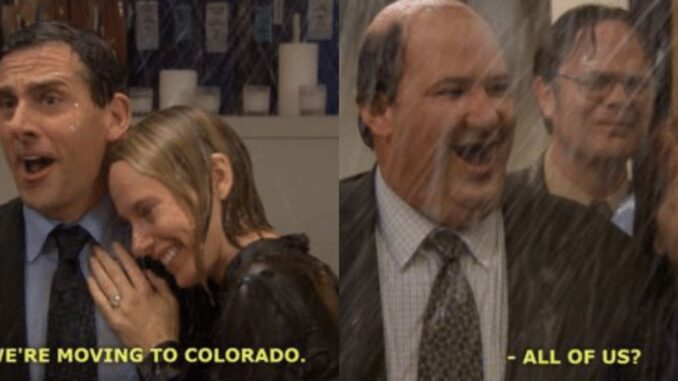
Some lives unfold like grand, joyous symphonies, each movement a crescendo of laughter and light. They are the maestros of mirth, the architects of amusement, whose very presence promises an escape from the mundane, a carnival of wit and whimsy. We invite them into our homes, our hearts, our memories, letting their unique brand of euphoria become the soundtrack to our days, the balm for our worries. We laugh with them, at them, because of them, for years, sometimes for decades, until their comedic genius feels as immutable as the sunrise.
Then, without warning, a sudden, dissonant chord strikes. A single note of unimaginable sorrow that shatters the melody, leaving an echoing silence in its wake. The maestro is gone, the laughter evaporates, and the tears, hot and unexpected, well up in seconds, a visceral response to a loss we hadn’t prepared for, couldn’t comprehend. The jester’s cap is laid aside, revealing not a grin, but the profound, tragic truth hidden beneath.
Few figures embody this stark juxtaposition as profoundly as the one who gifted us laughter for decades, only to leave us weeping in an instant. Think of Robin Williams. For millions, he was a human lightning bolt, a whirlwind of spontaneous brilliance that defied gravity and logic. From the manic alien Mork to the genie trapped in a lamp, from the cross-dressing nanny Mrs. Doubtfire to the passionate teacher John Keating, he was a comedic force of nature, an improvisational wizard who could conjure laughter from thin air. His rapid-fire delivery, his kaleidoscope of voices and characters, his astonishing ability to pivot from the profound to the preposterous – it was pure, unadulterated joy. He touched a universal chord, reminding us to seize the day, to listen to our inner voices, and above all, to laugh, even in the face of despair. For years, his presence was a promise: turn on the screen, and you will smile. You will forget your troubles. You will be uplifted.
Yet, beneath the gleam in his eyes, a flicker of melancholy often seemed to reside. The most brilliant comedians often carry the heaviest burdens, using laughter as a shield, a distraction, not just for their audience, but for themselves. Their manic energy can be a race against the darkness, their rapid patter a way to outrun the quiet, the stillness where shadows lurk. We saw glimpses of it in his more serious roles – the empathetic Dr. Sayer in "Awakenings," the tormented Sean Maguire in "Good Will Hunting," the chilling Walter Finch in "Insomnia." These roles hinted at a depth, a vulnerability, and perhaps, a pain that went beyond the stage persona. We appreciated his range, but we still expected the laughter to return, to dispel the quiet, to reassure us that his effervescent spirit was indestructible.
Then, one August morning, the world stopped laughing. The headlines, the breaking news alerts, the frantic social media posts – they delivered a collective gut punch that left us breathless. He was gone. Not from old age, not from a prolonged illness, but suddenly, tragically, by his own hand. The news arrived like a seismic shockwave, fracturing the joyous image we held so dear. The man who had made us laugh for years, who had pulled us out of our own sadness with his boundless energy, had succumbed to a darkness we couldn't fathom, a battle he had fought silently and, ultimately, alone.
The tears came in seconds. Not just for his family, but for us. For the laughter that would never come again, for the genius extinguished too soon, for the cruel, ironic twist that the greatest purveyor of joy could harbor such profound despair. It forced a painful re-evaluation, a somber re-watch of beloved performances. The frantic energy now seemed tinged with desperation, the rapid-fire jokes like a desperate attempt to outrun an invisible enemy. His life became a poignant, unforgettable illustration of the invisible battles waged behind public smiles, a stark reminder that the loudest laughter can sometimes mask the deepest sorrow.
He made us laugh for years, a generous, glorious gift that filled our lives with light. Then, he made us cry in seconds, a sudden, devastating revelation that pierced through the illusion, leaving us to grapple with the fragility of joy, the reality of hidden pain, and the enduring echo of a laughter now forever tinged with tears.
@ane_lu_ Mds, finalmente meu semestre da faculdade acabou e eu posso fazer oq realmente importa, edits ruins #theoffice #michaelscott #jimhalpert #pambeesly #edit #fy